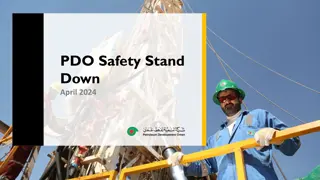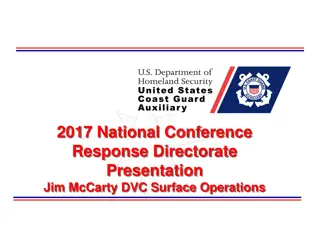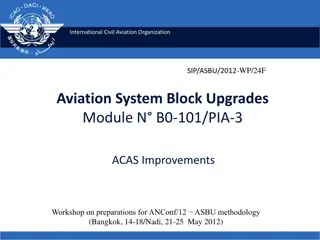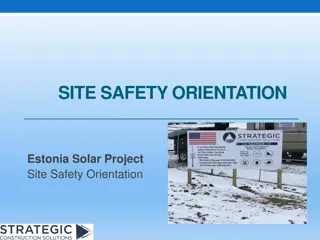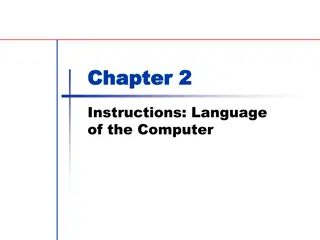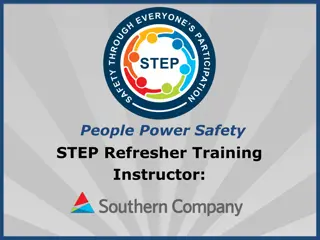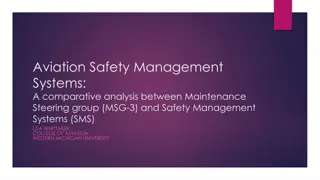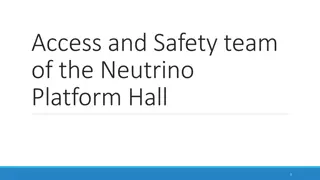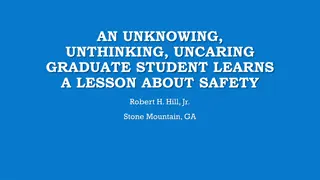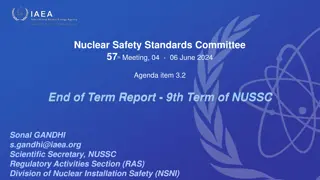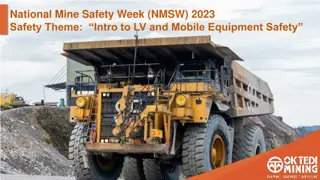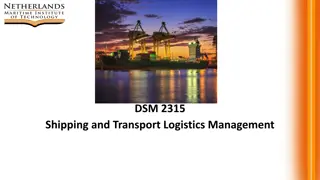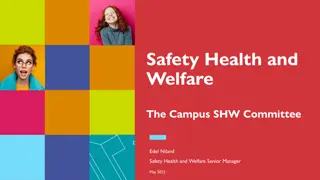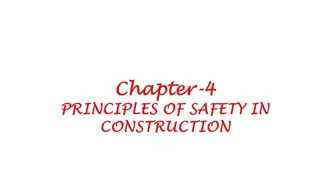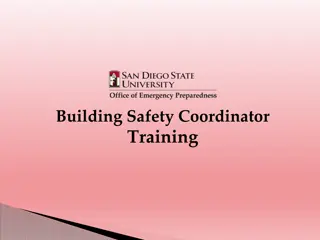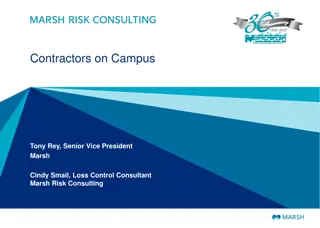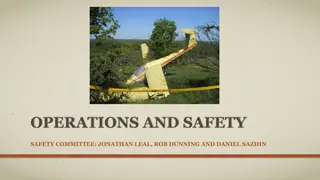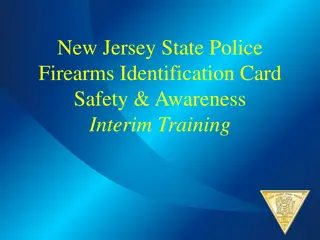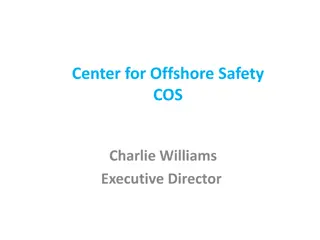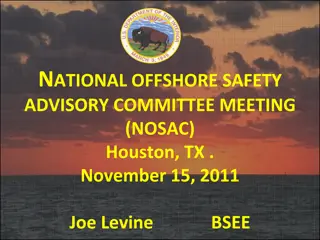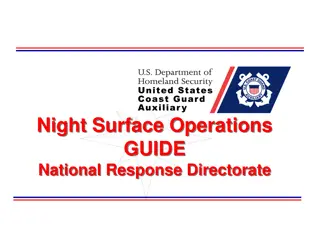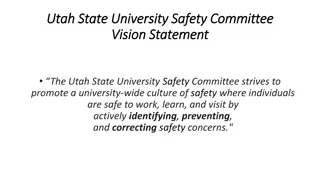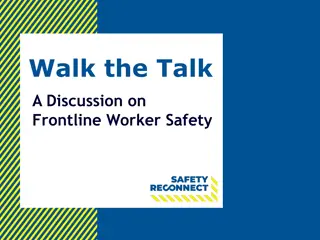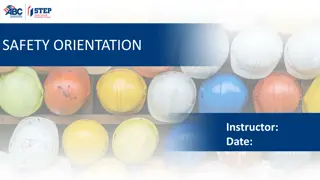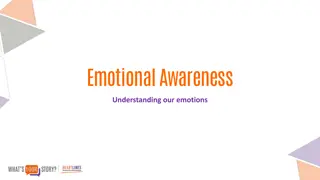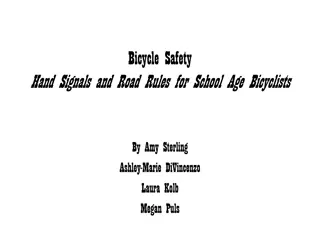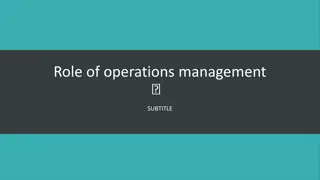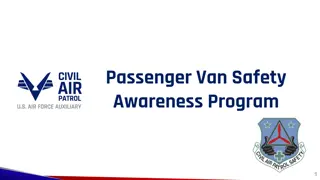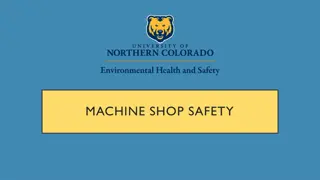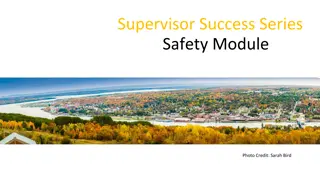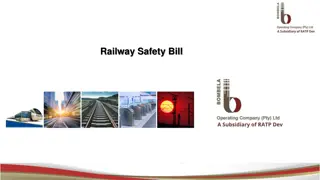Safety Awareness in Trackwork Operations
Explore the importance of safety in trackwork operations through a series of exercises and discussions prompted by film screenings and statistics on near misses. Reflect on key causes, risk tolerance, and the vital role of speaking up to prevent incidents. Enhance awareness and promote a culture of safety in the trackwork environment.
Download Presentation

Please find below an Image/Link to download the presentation.
The content on the website is provided AS IS for your information and personal use only. It may not be sold, licensed, or shared on other websites without obtaining consent from the author. Download presentation by click this link. If you encounter any issues during the download, it is possible that the publisher has removed the file from their server.
E N D
Presentation Transcript
Exercise one: What did you pick up from the film? Discuss: What important challenges does this film raise? Have you ever found yourself in a high risk or life threatening situation? What led to you being in that situation, and how does this relate to the people in the film? Having seen this film, would you feel comfortable if your loved ones worked on track? What is your role in making sure everyone is safe? How might your decisions or actions put others lives at risk?
What do these numbers represent? 305 Number of near misses since the January 2014 Newark fatality Number of incidents where a train was signalled into a line blockage/possession in 2018/19 29 Number of incidents in 2018 where protection was incorrectly located Number of near misses you have been involved with? Number of near misses in Control Period 5 (CP5 - 2014 to 2019) ? 41
Exercise two: What are the key causes for trackworker events? Systems Leadership and Objectives Competence Processes Time pressure Behaviours Resources Location Discuss these areas and any other causes that may not be listed here
Exercise three: Risk tolerance When we do things repeatedly and nothing bad happens, we believe and feel we are safe But are we? How tolerant do you think the business is to risk? Think about trackworkers, office staff and suppliers what do you think drives risk tolerance? What would stop you tuning out ? How does this apply within your work? What would stop you doing something you know is risky, but you have got away with it so far? How could you help your colleagues and friends stay safe? Thinking about all of the above, what needs to change?
Stop, speak up and fix if you can Always stop, always speak up, and fix the issue if you can, If you: do not feel safe see an unsafe act or situation have not fully risk assessed the job you are about to do do not have the right documents at hand for the job you are about to carry out are not trained to do the job do not have time or resources to do the job safely do not have the correct tools or PPE to carry out a job are not fit to do the job you are about to do have not received an appropriate briefing.
Exercise four: Think RISK: People What opportunities to prevent this near miss do you think there were? What risks develop under time pressures? Does this scenario feel familiar to you? Did you raise any concerns at the time? Do you know what support is available in the event of an incident? What are you going to do differently as a result of this session?
What will you do differently so you and your colleagues keep each other safe, every day? Make certain: Throughout this session you have been asked to discuss what you feel needs to change. We would like to hear your feedback so please either email us on: ThinkRISK@networkrail.co.uk or feed back via the Think RISK Yammer page


